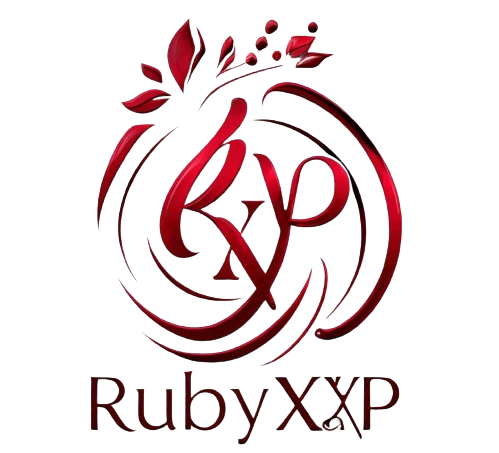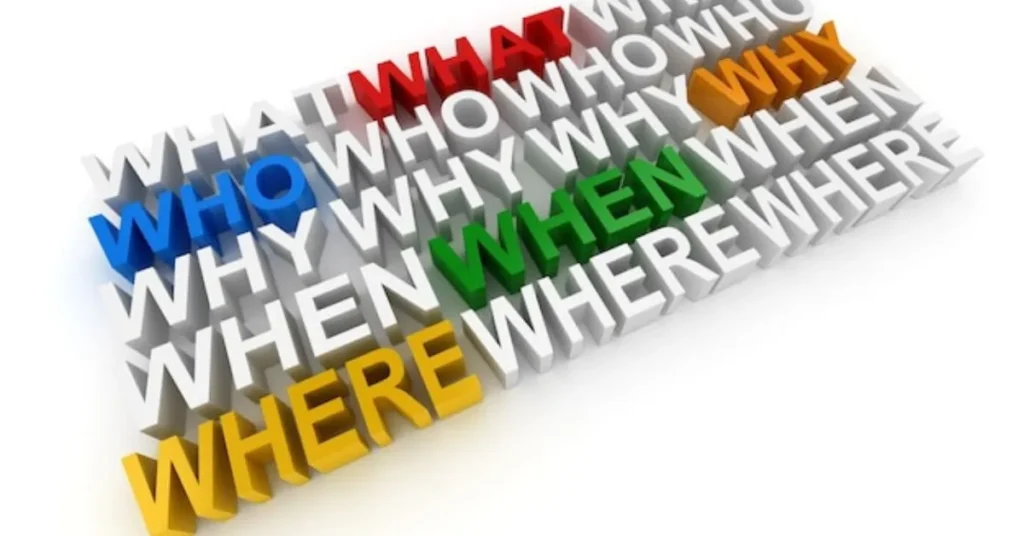WTW Meaning, In the vast expanse of the internet, where language evolves at a rapid pace, abbreviations and acronyms often arise to streamline communication. One such abbreviation that has gained prominence in recent years is “WTW.” But what exactly does it mean, and how is it used across different platforms and contexts?
Introduction to WTW
WTW stands for “What’s the word?” It is a colloquial way of asking someone for updates or news about a particular topic. This acronym is commonly used in informal communication, such as texting, instant messaging, and social media platforms.
Origin and Evolution of WTW
The exact origin of WTW is unclear, but it likely emerged from the need to convey curiosity or inquire about recent developments concisely. As online communication became more prevalent, users sought ways to convey their messages swiftly and efficiently, leading to the rise of abbreviations like WTW.
Different Interpretations of WTW
WTW in Texting and Social Media
In the realm of texting and social media, WTW is often used as a casual greeting or conversation starter. It prompts the recipient to share any noteworthy updates or information they may have.
WTW in Business and Marketing
In a business or marketing context, WTW can serve as a prompt for discussions about current trends, industry news, or project updates. It fosters a sense of camaraderie among team members and encourages open communication.
How to Use WTW Appropriately
Understanding Context
When using WTW, it’s essential to consider the context of the conversation. While it may be appropriate in informal settings, such as chatting with friends, it may not be suitable for formal or professional communication.
Avoiding Miscommunication
Like any abbreviation, WTW can lead to misunderstandings if not used appropriately. Clarifying the intended meaning or providing context can help prevent confusion and ensure effective communication.
Common Examples of WTW in Different Contexts
- Texting: “Hey! WTW? Haven’t heard from you in a while.”
- Social Media: “Just checking in. WTW with everyone?”
- Business Meeting: “Before we begin, WTW on the latest project updates?”
Impact of WTW on Communication
Efficiency vs. Clarity
While WTW can expedite communication, it may sacrifice clarity in some cases. Users must balance brevity with the need to convey information accurately and comprehensively.
Cultural and Generational Differences
The interpretation of WTW may vary across different cultures and generations. What is perceived as friendly and casual in one context may be seen as inappropriate or unfamiliar in another.
Pros and Cons of Using WTW
- Pros: Saves time, fosters informal communication, encourages dialogue.
- Cons: May lead to misunderstandings, lacks formality in professional settings, requires mutual understanding among participants.
Strategies for Deciphering WTW
To decipher the meaning of WTW in a particular context, consider the sender’s relationship with the recipient, the platform or medium used, and any previous conversations that provide context clues.
WTW in Popular Culture and Media
WTW has made its way into popular culture, appearing in memes, online forums, and even song lyrics. Its versatility and widespread usage reflect its integration into everyday language.
Conclusion
WTW serves as a convenient shorthand for inquiring about recent updates or news in informal communication. While its usage may vary across different contexts, understanding its meaning and appropriate usage can enhance communication efficiency and foster meaningful interactions.
FAQs:
- Is WTW only used in English-speaking countries?
- While WTW originated in English, it has been adopted by internet users worldwide, transcending language barriers.
- Can WTW be used in formal emails or letters?
- It’s generally best to avoid using WTW in formal correspondence unless you’re certain the recipient will understand its meaning and context.
- Are there any alternative interpretations of WTW?
- While “What’s the word?” is the most common interpretation, some may use WTW to mean “What’s the weather?” or “What’s the weekend?”
- Does the use of WTW vary among different age groups?
- Yes, younger generations are more likely to use WTW casually in digital communication, while older generations may be less familiar with its usage.
- Is WTW considered professional in a work environment?
- It depends on the workplace culture. In more relaxed or creative environments, WTW may be acceptable, but in formal settings, it’s best to opt for more traditional forms of communication.







